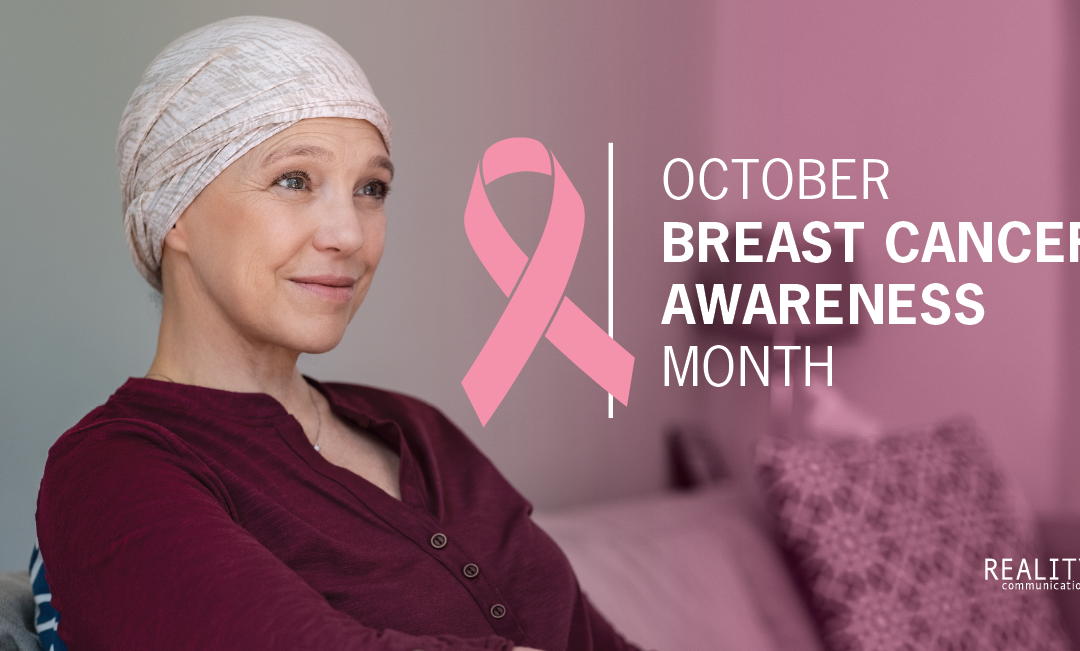A New Era in Breast Cancer Care Emerges
In 1985, “National Breast Cancer Awareness Month” (NBCAM) was created as a collaborative campaign with the American Academy of Family Physicians, the AstraZeneca Healthcare Foundation, CancerCare, Inc., and other sponsors to raise awareness and gain funding for research to support early detection, improved treatment, and one day, a cure.
Possibly the most exciting area of research regarding breast cancer today involves molecular diagnostics to better determine which patients with early breast cancer would benefit from chemotherapy, no chemotherapy, or anti-estrogen therapy—and for what period of time.
With the mapping of the human genome now complete, assays have been developed, such as Agendia’s MammaPrint® test (analyzes the 70 most important genes associated with breast cancer recurrence) and BluePrint® test (which classifies tumors by subtypes); Exact Sciences’ Oncotype DX Breast Recurrence Score® test (which predicts the likelihood of chemotherapy benefit for premenopausal and postmenopausal, node-negative patients); and Veracyte’s Prosigna Breast Cancer Assay (for post-menopausal women with early-stage HR+/HER2- breast cancer).
Genomically characterize the cancer cell population
Transitioning from a static to a more dynamic way of thinking about the genomics of cancer models may be an important step. It could help minimize the detrimental effects of genomic evolution on cancer research and cancer precision medicine, and at the same time open up novel paths for research that can take advantage of these dynamics.
“Genomic evolution of cancer models can contribute to the evolution of cancer research,” notes Ben-David and colleagues.”1
In addition, it is vital to genomically characterize adaptive pathways. In fact, immune stratification is a prerequisite for correctly interpreting resistance to treatment and escape from immune control.2
Detect earlier, reduce harm, and provide better quality of life
The ultimate goal for clinicians is cure because the majority of women diagnosed are diagnosed at a curable stage.
While cure is the goal, clinicians want to achieve this with as little toxicity and harm as possible for better quality of life and longer life. Molecular diagnostics research has allowed a large group of women to avoid unnecessary chemotherapy.
We should continue to support research that continues to personalize and improve treatment for women with early-stage breast cancer so that we can achieve more cures with less toxicity and more accurately personalize the treatment they are offered.
That is the power of genomics.
A good deal of research is focused on younger women and is seeking to determine whether there is anything different about the nature of breast cancer in younger women, or whether the reason we see differences in how they respond is more about their age and menopausal status.
If we can help them avoid chemotherapy and perhaps be more effective in diminishing estrogen, we can get the same positive outcomes, but without the harm and toxicity that unnecessary chemotherapy and surgery would produce.
If molecular diagnostics can lead to better outcomes for women diagnosed with breast cancer, then that would honor the goals of Breast Cancer Awareness Month.
REFERENCES:
- Ben-David U, Beroukhim R, Golub TR. Genomic evolution of cancer models: perils and opportunities. Nat Rev Cancer. 2019;19(2):97-109.
- Wang T, Li T, Li B, et al. Immunogenomic landscape in breast cancer reveals immunotherapeutically relevant gene signatures. Front Immunol. 2022;13:805184.

